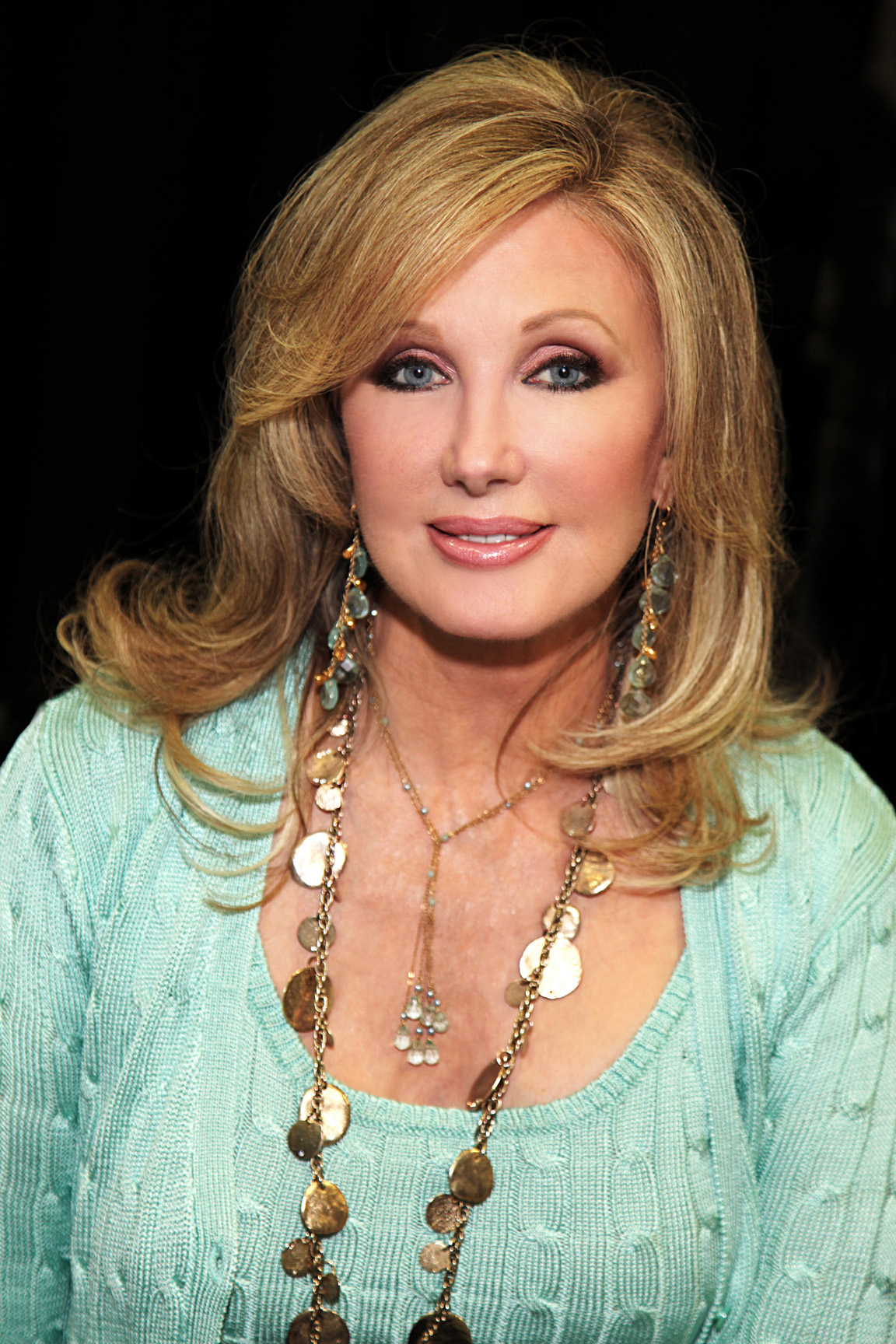Dario Fo
Explore the life and achievements of Dario Fo, the renowned Italian playwright, director, and actor. This timeline highlights key events, from his birth in 1926 to his groundbreaking works, his Nobel Prize in Literature in 1997, and his legacy in the world of theater.
Birth of Dario Fo
Dario Fo, an influential Italian playwright, actor, and director, renowned for his satirical and political works, was born on March 24, 1926, in San Giano, a small town in Italy. His works are characterized by their comedic elements and sharp commentary on societal and political issues. His upbringing in a family involved in amateur dramatics and exposure to the theatrical world from a young age shaped his career.
Dario Fo Marries Franca Rame
Dario Fo married Franca Rame, an accomplished actress, and playwright, on August 6, 1954. Their partnership became one of the most significant in Italian theatre, producing numerous plays and sketches. Franca Rame was instrumental in collaborating with Fo, sharing his satirical vision and contributing significantly to their work, which often highlighted social injustices.
Premiere of Mistero Buffo
Mistero Buffo, arguably Dario Fo's most famous play, premiered on October 9, 1969. This one-man play reinterprets medieval mystery plays and popular religious stories, performed in a grammelot—a mix of dialects and invented languages. The play was seen as controversial, especially by the Catholic Church, for its subversive take on religious stories and figures.
Kidnapping of Franca Rame
Franca Rame was abducted by a group of far-right extremists on March 30, 1981. She was tortured and abused in an attempt to intimidate Dario Fo and her. This traumatic event was later depicted in their theatrical works and brought international attention to the violence faced by political activists in Italy during that era.
Dario Fo Wins Nobel Prize
Dario Fo was awarded the Nobel Prize in Literature on October 9, 1997. The Nobel Committee recognized him for emulating the jesters of the Middle Ages in scourging authority and upholding the dignity of the oppressed. His unique brand of theatrical works embodied a blend of improvisation, satire, and political commentary, making him a cultural icon worldwide.
Dario Fo Banned from the U.S.
On November 19, 1999, the U.S. Justice Department banned Dario Fo from entering the United States. This decision was based on his political views and comments that were considered controversial by the U.S. authorities. Fo's plays and political activism often criticized powerful institutions and governments, placing him at odds with various political regimes over his career.
Autobiography 'The Tricks of the Trade' Published
Dario Fo published his autobiography, 'The Tricks of the Trade,' on April 1, 2003. In this book, Fo shares insights into his unique approach to theater, his life with Franca Rame, and their shared journey through turbulent political landscapes. The autobiography provides personal accounts and reflections on his extensive career in the arts and activism.
Dario Fo Runs for Mayor of Milan
On May 16, 2006, Dario Fo announced his candidacy for the mayor of Milan. Running as a candidate for a center-left party, Fo emphasized bringing cultural and social issues to the forefront of the political agenda. Although he did not win, his candidacy highlighted the intersection of culture and politics in his life and garnered significant media attention.
Death of Franca Rame
Franca Rame, Dario Fo's wife and creative partner, passed away on May 29, 2013. Her death marked the end of a dynamic partnership that had profoundly influenced Italian theatre and political discourse. Together, they had tackled themes of social justice, gender equality, and political criticism, leaving a lasting legacy in the arts.
Death of Dario Fo
Dario Fo died on October 13, 2016, at the age of 90. Fo was celebrated for his unique contributions to theater and his unflinching stance on political issues. His legacy as a playwright, director, and political activist continues to influence artists and activists worldwide. The world mourned the loss of a voice that masterfully blended humor with profound social critique.
Frequently asked questions about Dario Fo
Discover commonly asked questions regarding Dario Fo. If there are any questions we may have overlooked, please let us know.
What are some significant works by Dario Fo?
When was Dario Fo born, and when did he pass away?
How did Dario Fo's work impact theater and society?
Who was Dario Fo, and what is he known for?
Related timelines
More timelines connected to Dario Fo







